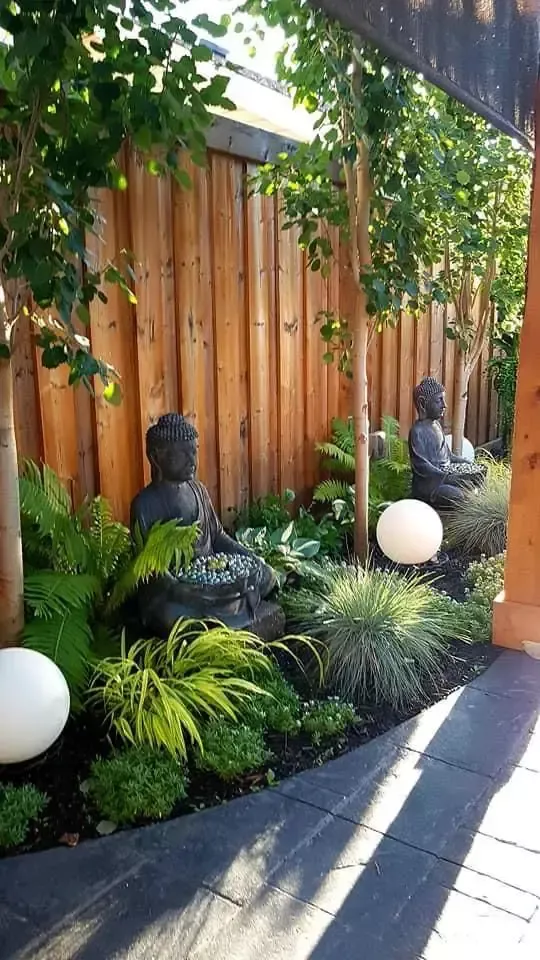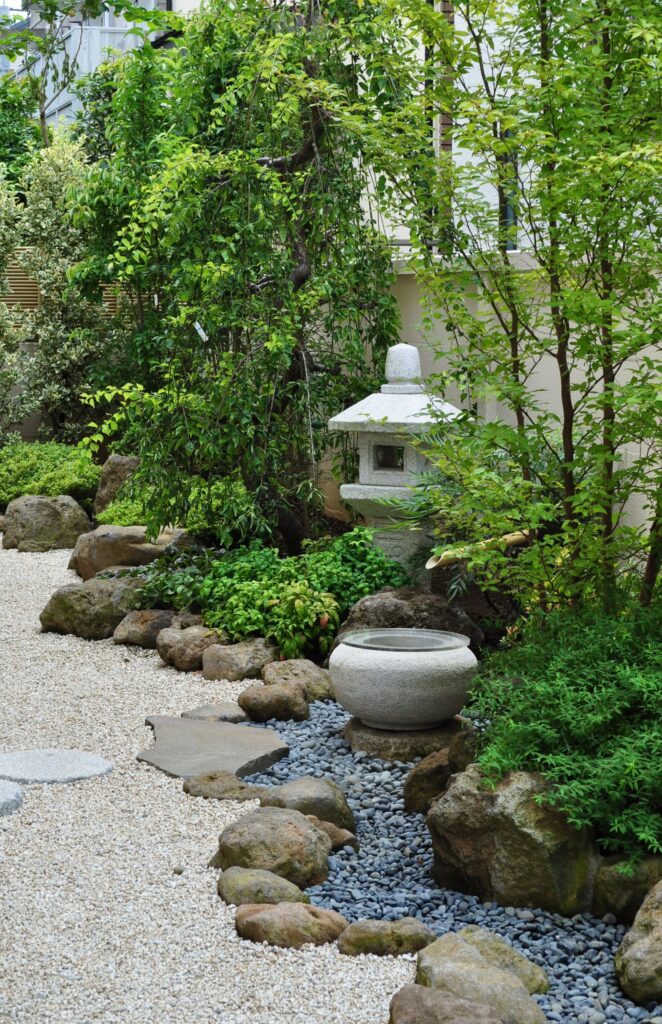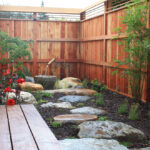Zen garden design is a unique and beautiful form of landscaping that originated in Japan. It is a style of minimalist garden design that incorporates elements such as rocks, gravel, moss, and carefully placed plants to create a peaceful and meditative space. The purpose of a Zen garden is to provide a place for contemplation and reflection, offering a sense of tranquility and calmness to its visitors.
One of the key elements of Zen garden design is simplicity. The gardens are typically small in size and feature clean, uncluttered lines and a limited color palette. This minimalistic approach helps to create a sense of harmony and balance within the space, allowing for a more peaceful and serene atmosphere. In addition, the use of natural materials such as rocks and gravel adds to the simplicity of the design, helping to connect the garden to its surroundings.
Another important aspect of Zen garden design is the use of symbolism. Each element within the garden has a specific meaning, such as rocks representing mountains or islands, and gravel symbolizing water or ripples. These symbolic elements are carefully arranged within the space to create a sense of harmony and balance, while also encouraging contemplation and meditation. This focus on symbolism adds depth and meaning to the garden, making it not just a visually appealing space, but also a place for reflection and introspection.
In addition to the visual elements of Zen garden design, the layout and structure of the space are also important considerations. Paths and walkways are carefully designed to encourage a slow and deliberate pace, allowing visitors to fully appreciate the beauty of the garden and take in its peaceful atmosphere. In some cases, seating areas or meditation spots may be included to provide a place for quiet contemplation and relaxation. The layout of the garden is designed to promote a sense of tranquility and encourage a connection to nature.
Maintenance is a key aspect of Zen garden design, as the gardens are often meticulously maintained to preserve their beauty and tranquility. Regular raking of the gravel to create patterns and smooth surfaces is a common practice in Zen gardens, helping to promote a sense of order and harmony within the space. In addition, plants are carefully pruned and maintained to ensure they do not overwhelm the design and detract from the overall aesthetic. This attention to detail and care for the garden helps to create a serene and peaceful environment for visitors to enjoy.
Overall, Zen garden design is a beautiful and creative form of landscaping that combines simplicity, symbolism, and tranquility to create a peaceful and meditative space. By incorporating elements of nature, carefully arranged rocks and gravel, and a focus on symbolism and meaning, Zen gardens provide a unique and contemplative environment for all who visit. Whether used for meditation, reflection, or simply as a place to find peace and serenity, Zen gardens offer a tranquil escape from the hustle and bustle of everyday life.
 yishifashion Where Outdoor Dreams Become Reality
yishifashion Where Outdoor Dreams Become Reality

















